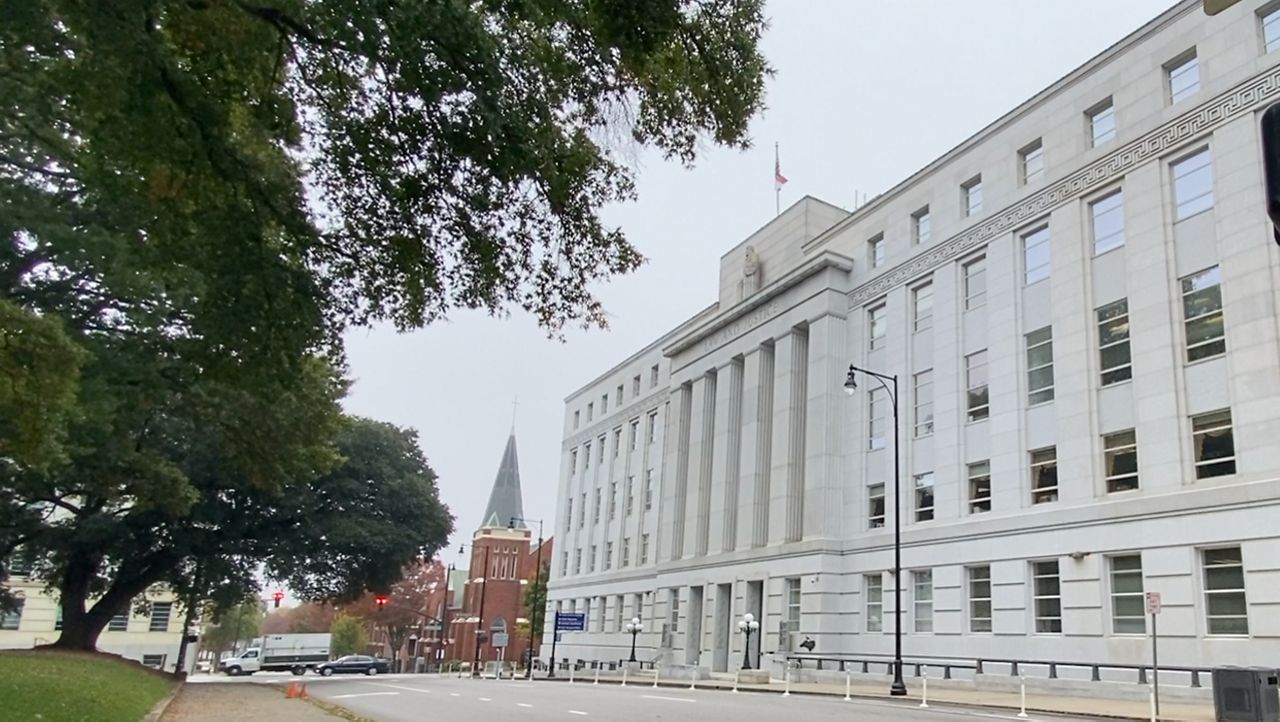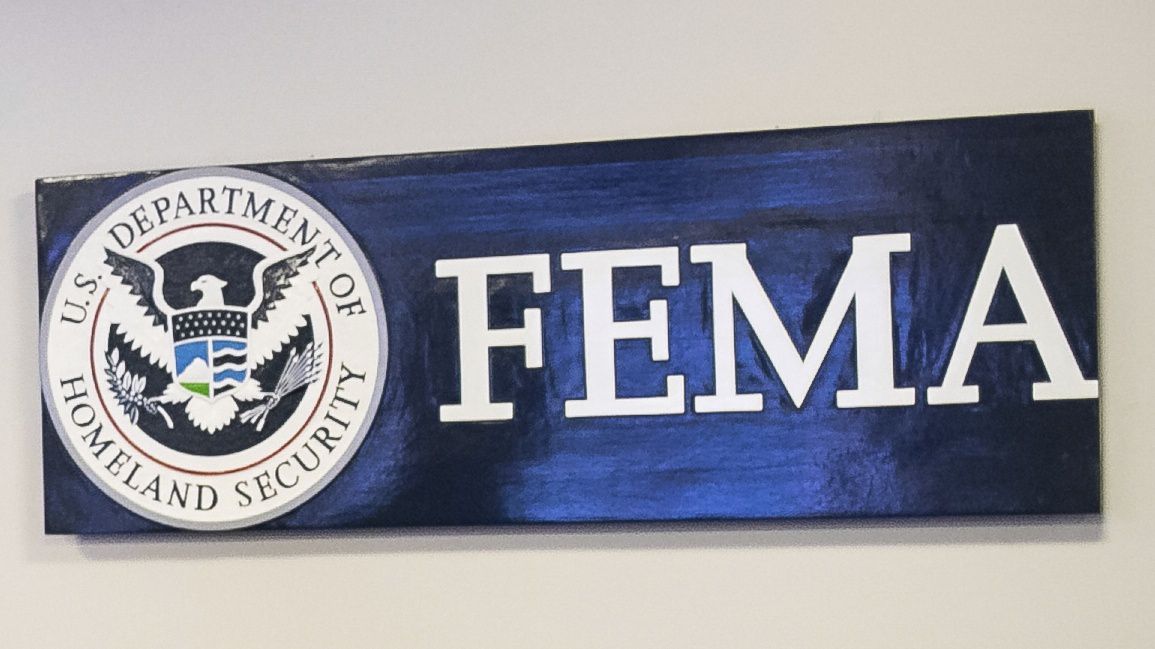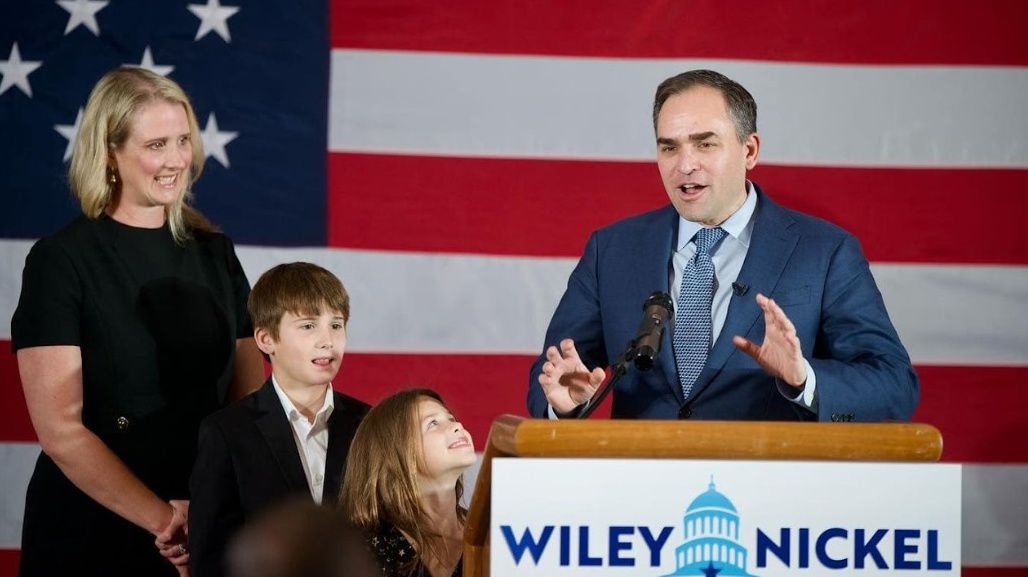RALEIGH, N.C. (AP) — Gov. Roy Cooper vetoed on Friday the General Assembly's annual farm measure and another bill that would prevent state government activities including pension investing from being directed based on environmental or social justice concerns.
The vetoes bring the Democratic governor's total for the year to eight. Next, the two latest likely will be subjected to override votes by Republicans, who now hold veto-proof majorities in the House and Senate. Both measures also received some votes from Democrats on the way to Cooper’s desk this month.
The annual farm bill covers more than 30 topics. But Cooper, like conservation groups and other Democrats, focused on a provision that would limit wetland protections when combined with a recent U.S. Supreme Court decision and existing state law.
Opponents of the wetland language have said it would result in a massive amount of wetlands — important for absorbing floodwaters and pollution — being open for development, harming water quality. In his veto message, Cooper wrote it would leave about half of the state's wetlands unprotected.
The provision “means more severe flooding for homes, roads and businesses and dirtier water for our people, particularly in eastern North Carolina,” Cooper said, adding that while state government works to protect the state from flooding and stop pollution from contaminants, “this bill reverses our progress.” Environmental groups Friday praised the veto and urged it be upheld.
Supporters of the provision say the impact of the language is overstated, affecting isolated wetlands, such as those that turn into streams only when it rains. Sen. Brent Jackson, a Sampson County Republican and chief bill sponsor, said he hoped the veto would be overridden and that the measure supports the state's top industry in agriculture.
Cooper's “objection fails to consider our obligation to comply with federal law and regulations,” Jackson said. “The 2023 Farm Act ensures North Carolina is in compliance with federal laws.”
The other vetoed bill would ban state agencies from using “environmental, social and governance” standards to screen potential investments, award contracts or hire and fire employees. It also says the state could not weigh how a company promotes sustainability, engages with its community or structures its leadership to support those goals.
The measure stems from Republican efforts nationwide to counterweight a focus by big business on environmental sustainability and workplace diversity that they say is so extreme that it harms shareholders and pensioners.
At least two other states have enacted laws banning such criteria, and elected officials in several other red states have derided them or proposed similar policies to stop investors who contract with states from adopting them.
And on state investments like those in pension funds, the bill says the state treasurer could solely consider factors expected to have a material effect on the financial risk or financial return of an investment.
“This bill does exactly what it claims to stop," Cooper wrote. "For political reasons only, it unnecessarily limits the Treasurer’s ability to make decisions based on the best interest of state retirees and the fiscal health of the retirement fund.” State Treasurer Dale Folwell, a Republican, supported the bill.
Cooper also announced he signed seven bills into law, including one that would allow any city to hire "civilian traffic investigators” to respond to traffic crashes that only result in property damage.
He declined to sign a measure that would prohibit local governments from adopting rules preventing the expansion of certain energy services based on fuel type — such as natural gas. This means the measure, which also creates a method to follow when decommissioning solar energy projects, will become law once his 10-day window to act upon the bill expires late Sunday.









